National Economics Challenge Club Fosters Competitive Learning Environment
Juniors Pranav Patlola, Michael Sun, Atharv Joshi and Nicholas Tan celebrate their advancement to the state level of the National Economics Challenge. The NEC Club members are currently preparing for the State Finals, which will take place on April 11.
Production possibilities curve, cost-benefit analysis and comparative advantages are just some of the complex economics terms you will hear if you enter one of the National Economics Challenge weekly meetings, a club dedicated to teaching students economics for the NEC competition.
Club president and junior Atharv Joshi said that he decided to start the club because he figured it would be a good way for people to learn about economics and apply that information in a competitive setting.
“I found economics as kind of like the perfect mesh between the two subjects because it’s all about scientifically analyzing human decisions and how they allocate resources,” Joshi said. “It can be expanded into pretty much every subject imaginable.”
The main goal of the club is to prepare students for the NEC competition, which consists of three levels where students are tested on multiple economics principles, such as Macroeconomics, Microeconomics and International and Current Affairs.
Juniors Atharv Joshi, Pranav Patlola, Michael Sun and Nicholas Tan competed in the preliminary round and qualified for the state level after months of preparation.
I found economics as kind of like the perfect mesh between the two subjects because it’s all about scientifically analyzing human decisions and how they allocate resources. It can be expanded into pretty much every subject imaginable.
— Atharv Joshi
In the preliminary round, teams of three to four students take a 30-question proctored test, and the top-scoring teams advance to the state level, where they enter a quiz bowl round, according to Joshi.
“[Economics] helps us to predict and analyze stuff that is kind of hard to analyze,” club vice president and senior Nihar r Shetty said. “You can’t really predict how a market’s going to go, but I think economics gives a more scientific way to predict how things are going to shift. If demand for something goes up, you can predict that the supply for something else is gonna go down.”
After qualifying for state, Joshi said that he is moving forward and focusing on the future of the club.
“I am looking forward to seeing current NEC members develop as economics learners and come back next year stronger than before,” Joshi said. “I’m also excited for next year’s new members to begin their journey into economics. Ultimately, the goal of the club is not only to compete but also to develop people’s understanding of economics.”
Your donation will support the student journalists of Portola High School. Your contribution will allow us to purchase equipment and cover our annual website hosting costs.
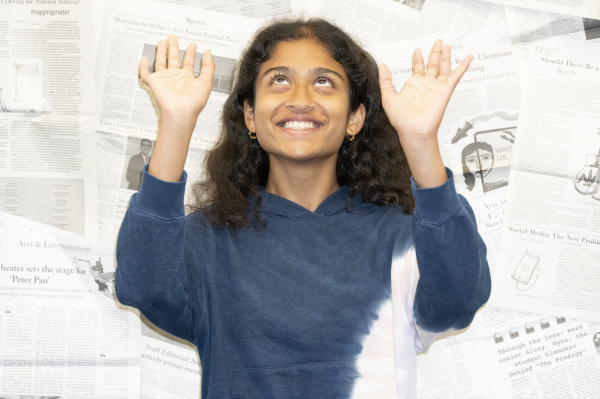
Aditi Salunkhe is the Assistant Sports Editor for her second year on the Portola Pilot. When she’s not stressing about final draft deadlines, you can...





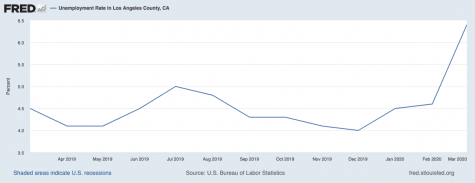
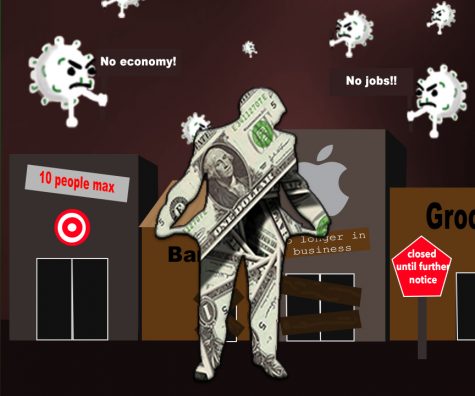


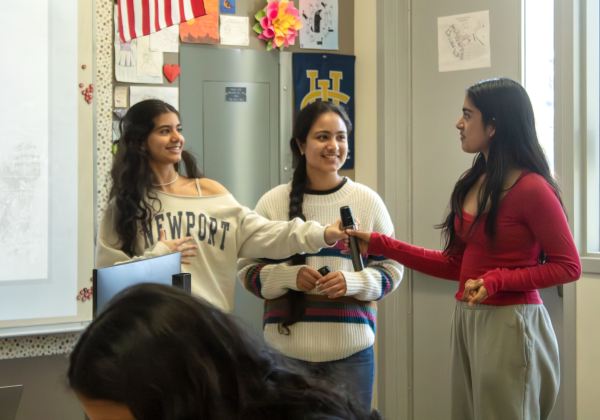
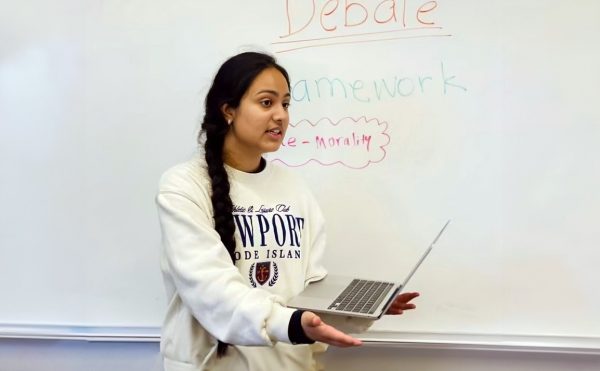

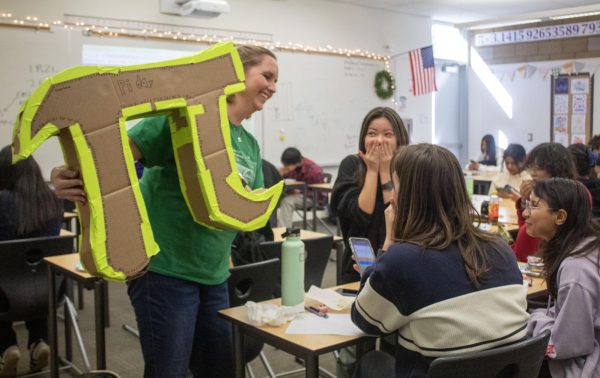

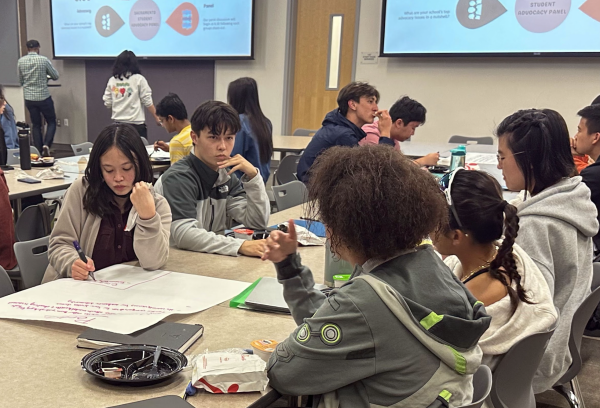
![Junior Joanna Peng utilizes a MacBook and iPad after school to work on assignments. One of Peng’s most used products is her iPad due to its versatility. Peng uses it as a computer using a magic keyboard and also uses it to draw and make calls. “Ive bought iPads since the first generation when it came out, [I’ve bought the] minis, and then I crashed [the iPad 3] under my table,” Peng said. “Its something that I continue to buy and continue to use most often in my life.”](https://portolapilot.com/wp-content/uploads/2024/02/IMG_5259-600x450.jpeg)

